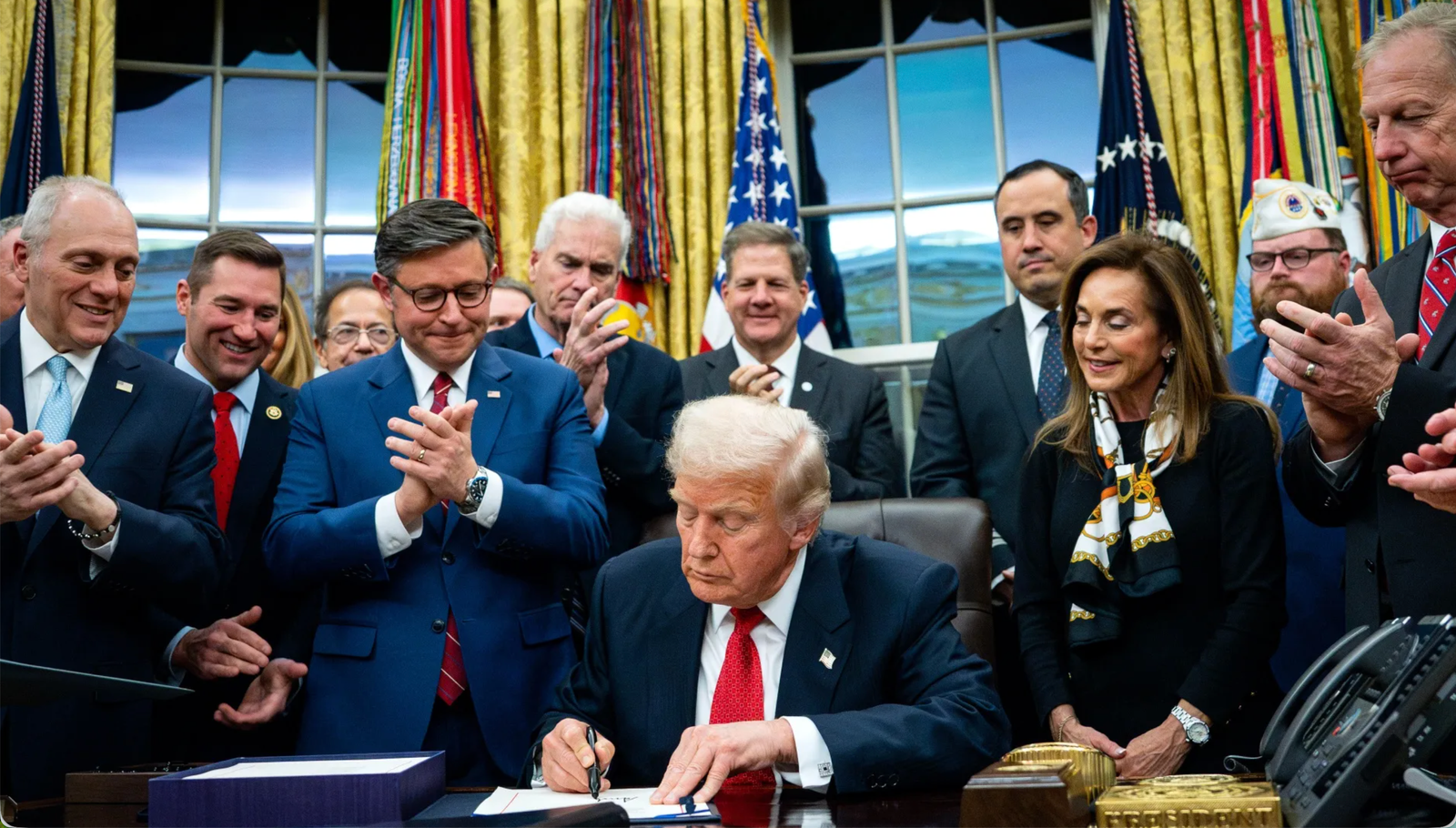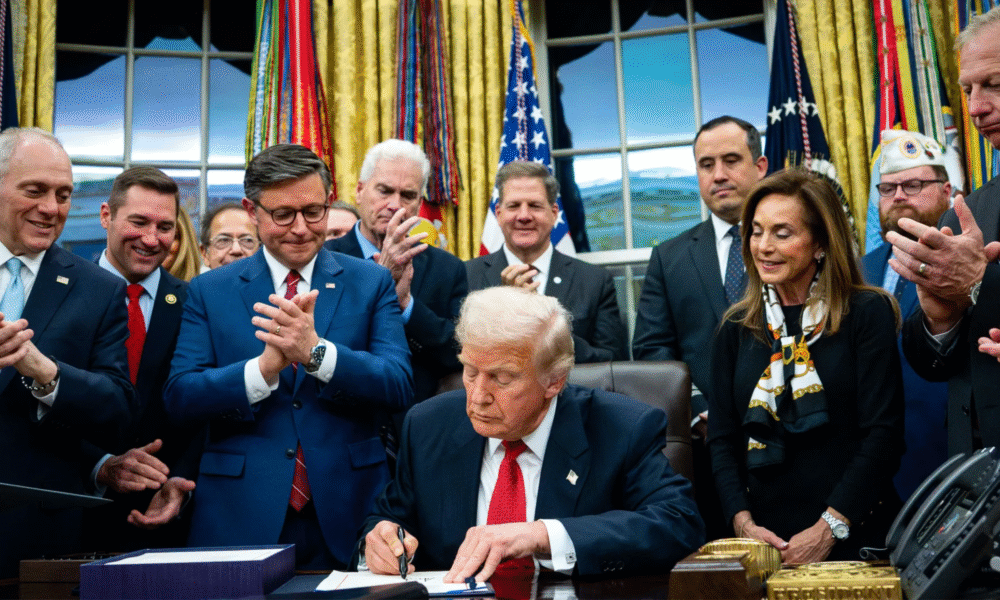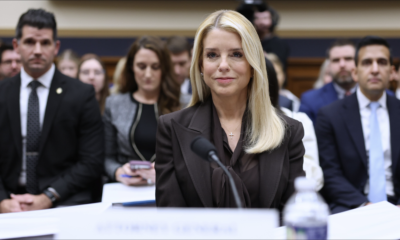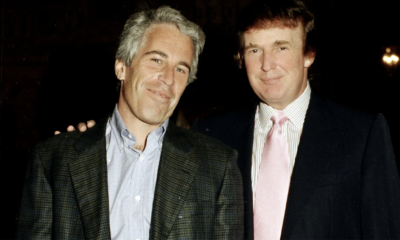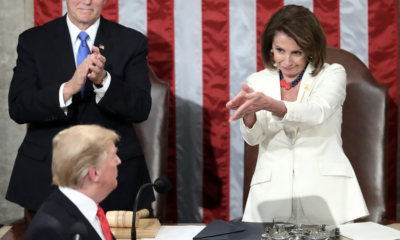Trump Presidency
Trump Signs Deal to End Historic 42-Day US Government Shutdown — But Obamacare Fight Looms
The longest government shutdown in US history came to an end on Wednesday, after 42 days of halted operations, unpaid federal workers, and mounting national frustration. President Donald Trump signed a bipartisan compromise bill following its passage in both the Senate and the House of Representatives, marking the end of an unprecedented political standoff over this shutdown.
The deal, crafted between Republicans and a handful of moderate Democrats, restores government funding through January, providing only a temporary reprieve. The legislation notably excludes renewed tax credits for Affordable Care Act (ACA) health plans—a key Democratic demand—leaving one of Washington’s most contentious issues around Obamacare unresolved.
How the Deal Was Struck
The Senate passed the bill on Monday, followed by a 222–209 vote in the House two days later. Six Democrats crossed party lines to back the measure, while two Republicans voted against it.
Trump, signing the bill late Wednesday, declared victory, saying, “We’re sending a clear message that we will never give in to extortion … the Democrats tried to extort our country.” Republican leaders echoed his sentiment, claiming Democrats were responsible for “millions of families going hungry” and “troops left wondering if they’d get paid.”
However, Democratic leader Hakeem Jeffries vowed the fight was far from over: “Either Republicans extend the Affordable Care Act tax credits this year, or the American people will throw them out of office next year.”
Republicans continue to hide the Jeffrey Epstein files.
But these extremists have zero interest in making healthcare affordable for everyday Americans.
Shameful.
— Hakeem Jeffries (@RepJeffries) November 12, 2025
Fallout from the Shutdown
The shutdown began on October 1, throwing nearly 700,000 federal employees out of work and forcing hundreds of thousands more — from TSA agents to military personnel — to work without pay. Airports reported widespread delays after Transportation Secretary Sean Duffy ordered flight cutbacks due to unpaid air traffic controllers, while food banks struggled to meet demand following the suspension of SNAP (food stamp) payments.
Infrastructure projects in Democratic-leaning states were halted under Budget Director Russell Vought’s cost-cutting directives, deepening the partisan divide.
Democrats Suffered, But Also Scored Political Points
Despite losing the battle over ACA tax credits, Democrats saw significant electoral gains in off-year elections during the shutdown — including gubernatorial victories in Virginia and New Jersey and redistricting wins in California.
Trump himself acknowledged that the government shutdown likely hurt Republicans at the polls, even urging Senate leaders to end the filibuster to prevent future gridlock.
Another Battle Brewing
While the new funding bill averts an immediate crisis led by Trump shutdown, it sets up another potential showdown in late January, when government funding again expires. The issue of ‘Obamacare’ ACA tax credits — which keep healthcare affordable for millions — remains at the center of the fight.
Health policy experts warn that without congressional action, premiums for ACA enrollees could rise by as much as 26%, pricing many Americans out of coverage.
As Hakeem Jeffries said in an interview, “Democrats are going to continue to stay in the arena. This fight isn’t over.”


